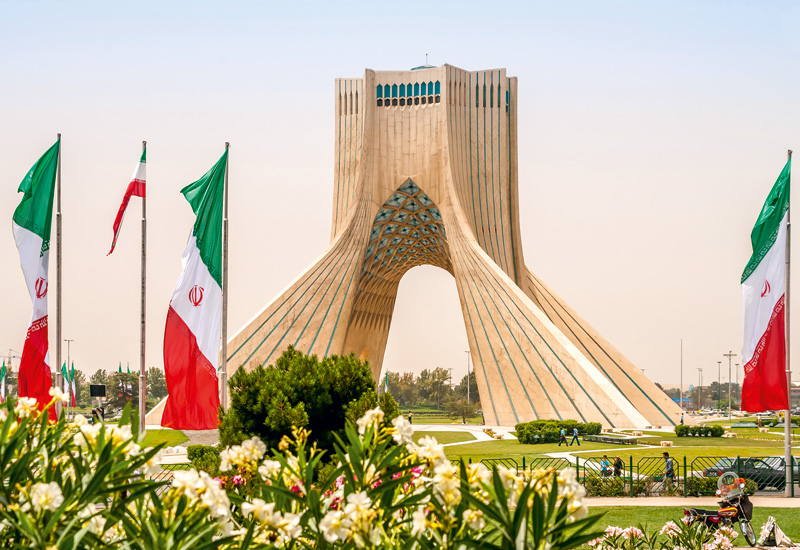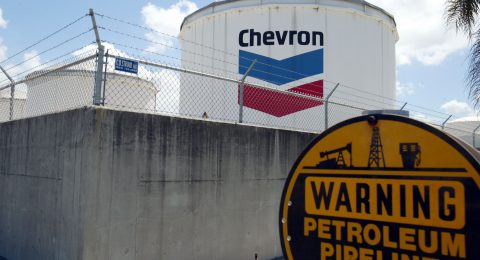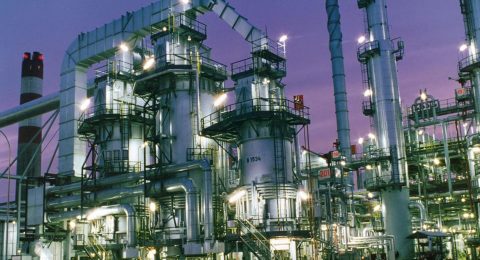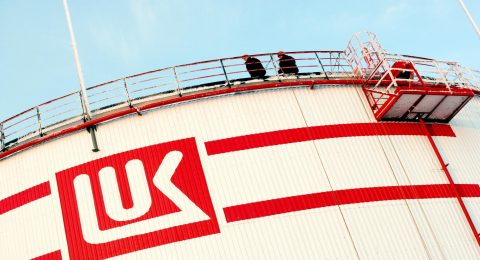Iran has worked out a “special plan” for exports of petrochemical products to the US, secretary of the Association of Petrochemical Industry Corporations (AIPC) Ahmad Mahdavi said on Monday.
The plan is part of Iran’s bid to diversify its petrochemical market which will open up further to the country’s products once sanctions are lifted, he said.
Iran currently has no problems for sales of its petrochemical and polymer products but the removal of sanctions will cut export costs and boost their advantages for the target markets, he said.
“Presently, there is one metric ton of petrochemicals without customers in Iran. With the abolition of the sanctions, demand for purchases from Iran will certainly increase.”
The country has a capacity to produce more than 25 million metric tons of petrochemicals per annum, which is expected to increase with the operation of new plants.
Mahdavi said Iran is capable of sending more than 2.5 million tons of its petrochemical and polymer products to Europe a year.
“While a final nuclear agreement between Iran and the West has not been achieved yet, numerous European companies have started their negotiations with Iran for resuming imports of petrochemicals.”
The official said besides the plan to resume exports to Europe, Iran has put finding new markets in North America and Africa on the agenda.
“A special plan has been devised in order to export petrochemical products at competitive prices to North American countries, even the US,” Mahdavi said.
In May 2013, Washington blacklisted eight major Iranian petrochemical companies, including Bandar Imam Petrochemical Co., Bou Ali Sina Petrochemical Co. and Mobin Petrochemical Co.
The petrochemical industry is the biggest source of foreign earnings for Iran after oil, put around $14 billion last year.
According to the head of the National Petrochemical Company (NPC) Abbas She’ri-Moqaddam, several European countries have indicated their willingness to invest in Iran’s petrochemicals.
International traders have repeatedly visited Tehran and some of them have reportedly placed permanent representatives in the Iranian capital.
“Iran has turned into a key priority for anyone involved in Middle East petrochemicals trade,” Platts quoted Euardo van-Zeller Neto at Roland Berger Strategy Consultants as saying recently.
Source: Press TV












